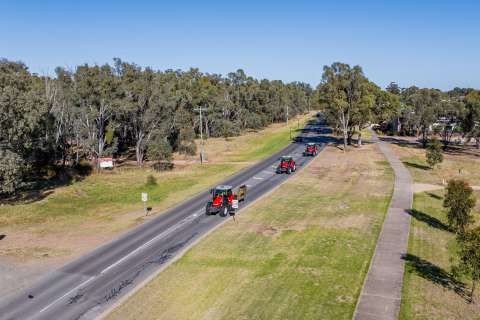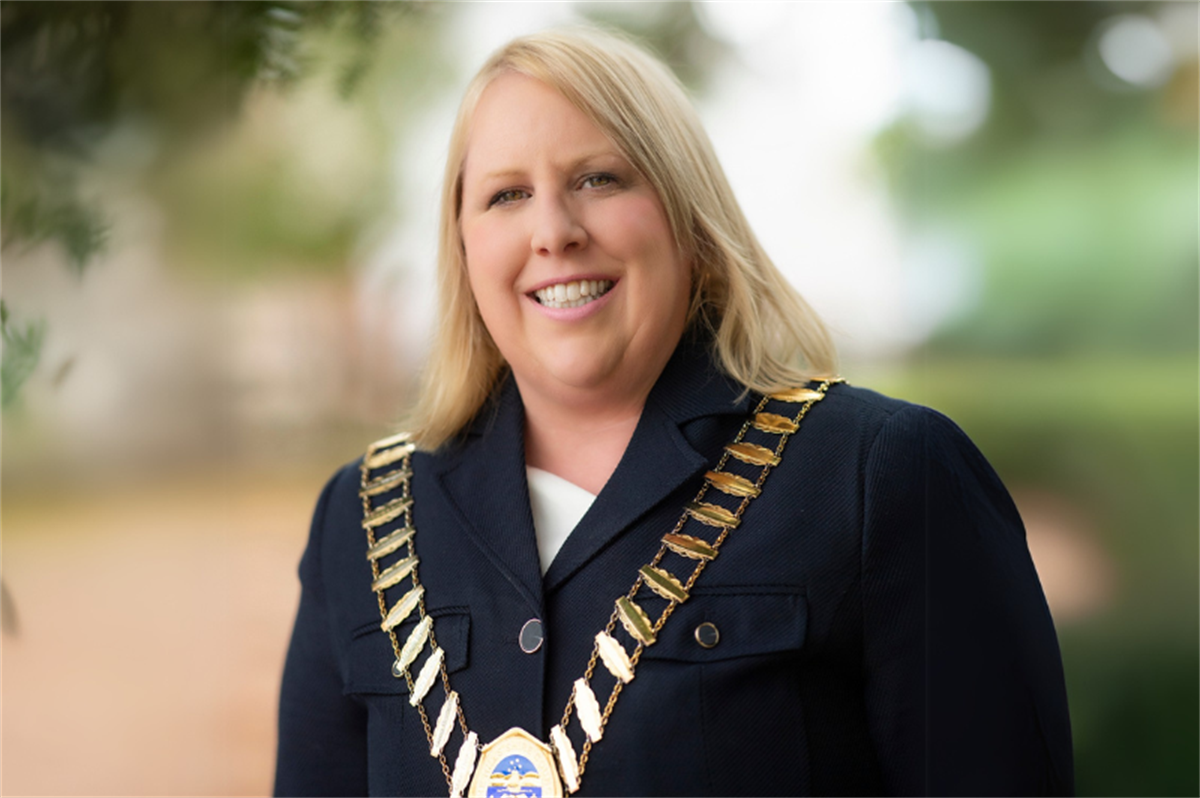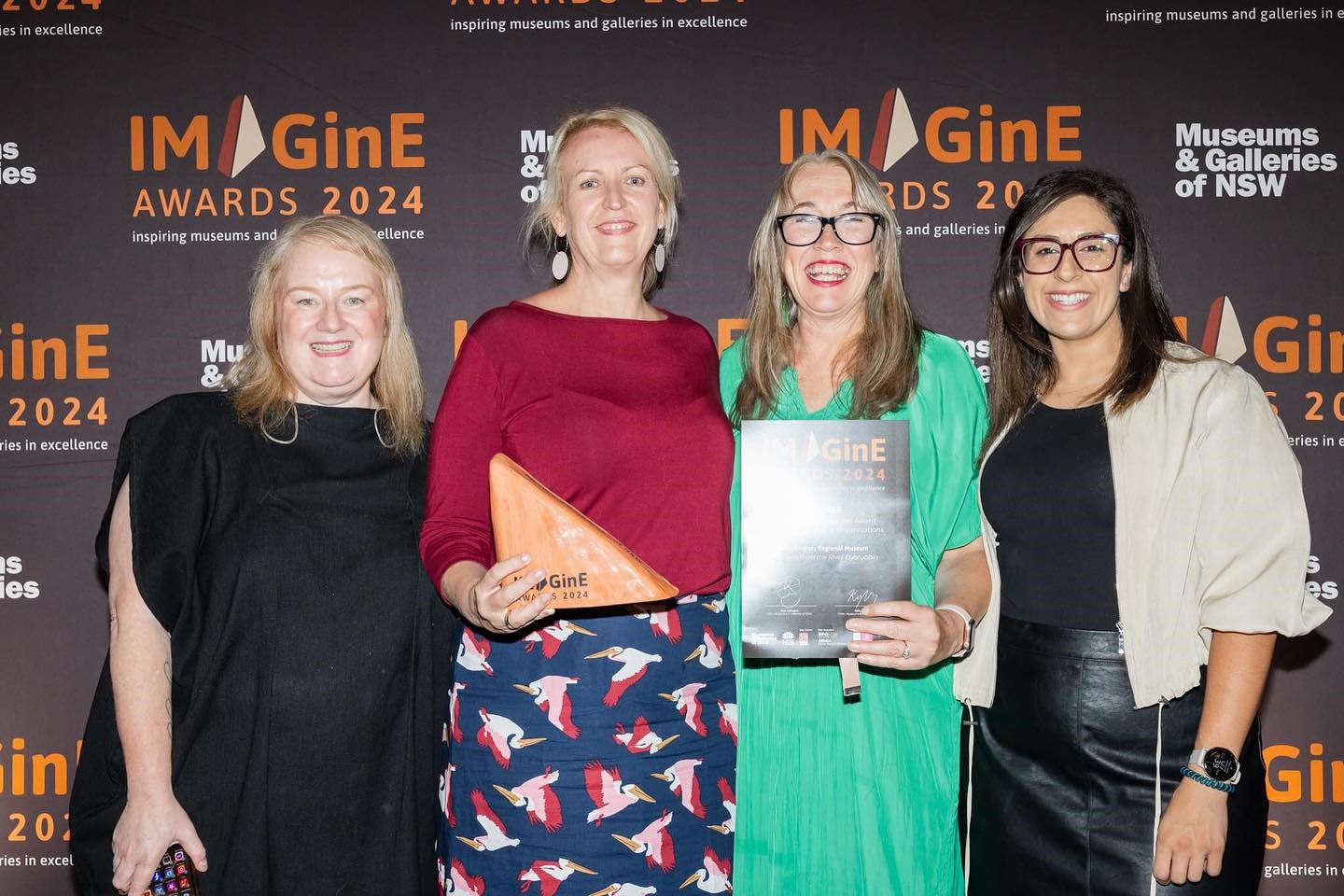The Palaszczuk Government is investing $3.3 million to provide specialist support for young Queenslanders affected by sexual violence in Toowoomba, Yarrabah and on the Fraser Coast.
Minister for Child Safety, Youth and Women, and Minister for the Prevention of Domestic and Family Violence Di Farmer said the place-based trials, which would be tailored to the specific needs of each community, would provide specialised support to young people who have experienced sexual violence or who are engaging in early sexual behaviour.
“One in six women and one in ten men have experienced sexual or physical abuse before the age of fifteen, and we know the effects can be profound and lifelong,” she said.
“We also know that while youth sexual violence affects young people in all communities in Queensland, communities which are most affected also tend to experience a higher rate of disadvantage.
“Addressing youth sexual violence is especially complex because some young people may be both victims and perpetrators, which is why specialised responses are needed.
“These place based trials will be locally designed, and will draw on the strengths of local communities and existing services to provide support to young people who have experienced sexual violence and abuse, or who are engaging in sexual offending behaviour.”
Ms Farmer said the trials are part of a $12 million funding package responding to the government’s Youth Sexual Violence and Abuse Final Report which outlined a range of actions supporting immediate and long-term generational change.
“The report made it clear we need to address the root causes of sexual violence, and that means starting when kids are young to teach them what’s okay and what’s not okay, what healthy relationships look like and how to speak up if something is happening to them,” she said.
“A key part of these trials will be working to address attitudes that lead to sexually violent behaviours.
“We are committed to doing things the evidence shows works, so we will test solutions within communities and build the evidence base to inform future initiatives and deliver long-term generational change.”







